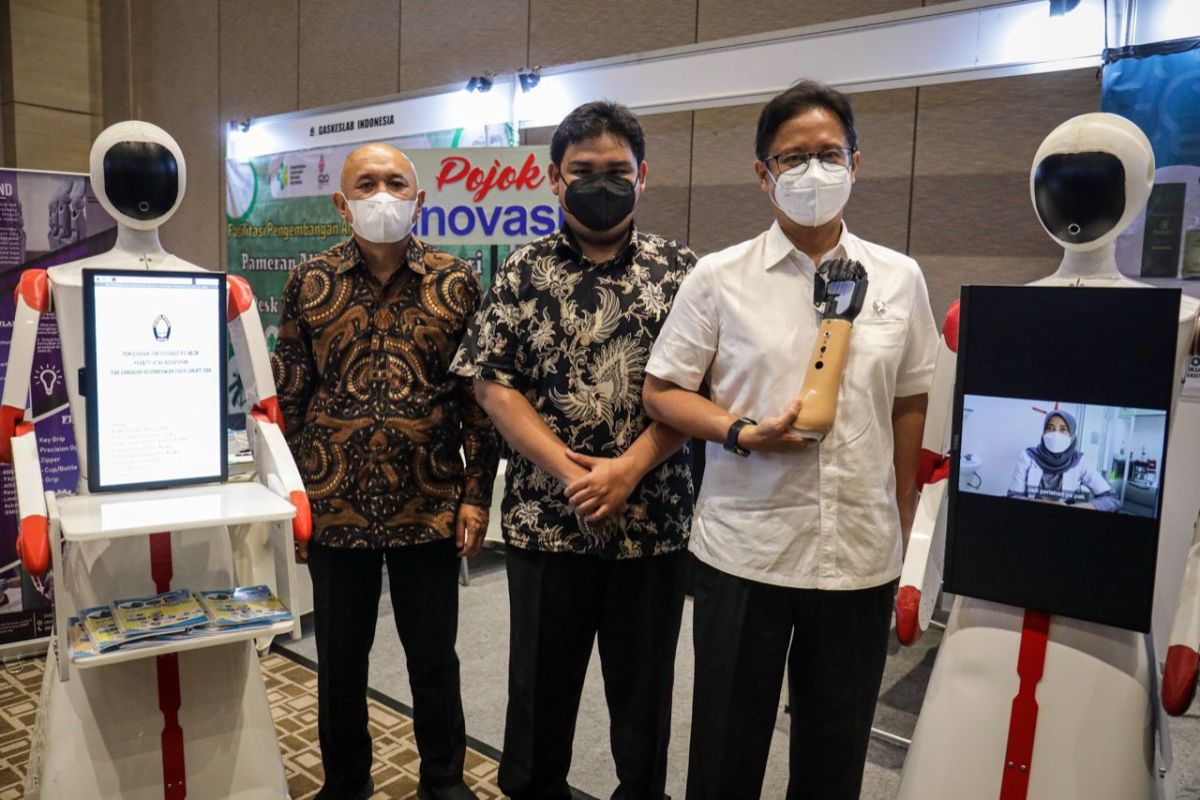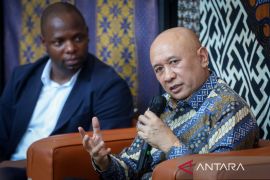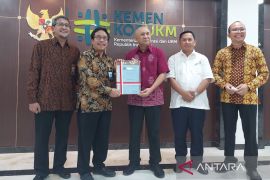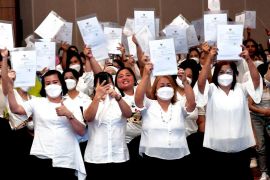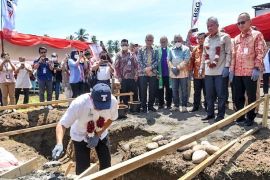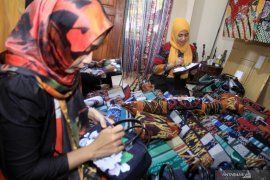“Micro, Small, and Medium Enterprises (MSMEs) are able to supply the demand for domestic medical devices and also produce medical devices to substitute imported medical goods. The ministry will synergize with various parties to develop MSME products in order to become a national industrial supply chain," Masduki stated during an event titled "Facilitation for the Development of MSME Production in Medical Devices," in Solo, Central Java, in a written statement received here Saturday.
Furthermore, he urged the public to equate perceptions between the needs of the industry and the supply chain provided by business actors to help domestic MSMEs in producing medical devices with simple technology.
"It is such a shame that we have to import syringes from other countries," he stated.
According to Masduki, the procurement for domestic government spending had improved. Several medical devices included in the procurement of goods at the Ministry of Health came from the production of micro-enterprises' cotton, masks, and gloves.
Masduki affirmed that his side will conduct research for the development of medical equipment in collaboration with the Ministry of Education and Culture through a matching fund program that will finance research and development of joint research on campus and later to produce medical devices from MSMEs.
"I think this activity will further encourage collaborative action and cross-sectoral synergy, especially to ensure the success of the president's directive to increase the absorption of domestic products and reduce imported goods," Masduki affirmed.
As was earlier known, the government had stipulated in the Job Creation Law that 40 percent of the government spending, or around Rp400 trillion, must be for absorbing MSME products and cooperatives.
Statistics Indonesia (BPS) estimated that the program will create two million job opportunities and contribute 1.85 percent to economic growth.
Health Minister Budi Gunadi Sadikin explained that around 50-60 percent of medical equipment and medicines came from imported products. He urged the domestic industry to start producing medical devices that could be manufactured domestically.
If 20 percent of the MSMEs are able to produce medical equipment, then the figure could help the domestic economy, he added.
Sadikin said his side had implemented an affirmation program for goods procurement through the General Procurement Plan Information System (SIRUP) of the Government Goods/Services Procurement Policy Institute as well as in e-catalogs to be accessed online.
"Once MSMEs have entered their products in the procurement system, we will not be able to import the products from abroad," he explained.
Currently, Sadikin noted that the domestic industry was able to produce 100-percent locally made hospital beds. In future, the Health Ministry also planned to procure domestically-made scales for the integrated health service (Posyandu).
Related news: BPOM promoting development of local probiotic products
Related news: Prioritize spending on local products, ministry tells gov'ts, people
Translator: M Baqir I A, Resinta S
Editor: Rahmad Nasution
Copyright © ANTARA 2022
